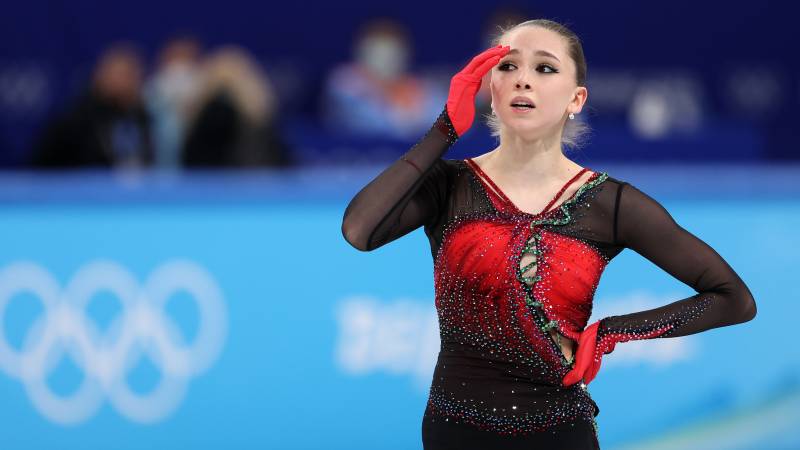The U.S. Anti-Doping Agency says trimetazidine was added to the WADA Prohibited List in 2014—initially as a stimulant banned only during competition. But for 2015, it was classified as a metabolic modulator and banned both during and outside of competition.
Trimetazidine has previously been linked to athletes from Russia, which remains under sanctions stemming from its state-sanctioned program of using drugs to cheat in sports.
At the Winter Olympics in Pyeongchang, trimetazidine was detected in Russian bobsledder Nadezhda Sergeeva. In that case, Sergeeva was disqualified and her two-person team’s results were thrown out.
Also in 2018, Russian curler Alexander Krushelnitsky’s team was stripped of its bronze medal after he tested positive for meldonium—another drug that increases blood flow. It’s banned under the same section of the WADA prohibited list as trimetazidine.
Krushelnitsky received a four-year ban. Sergeeva was initially hit with the same punishment, but the Court of Arbitration for Sport reduced her ban to two years, despite her previously testing positive for meldonium. Sergeeva is competing in the Beijing Games; she took her first training runs on Thursday.

9(MDAxOTAwOTE4MDEyMTkxMDAzNjczZDljZA004))

